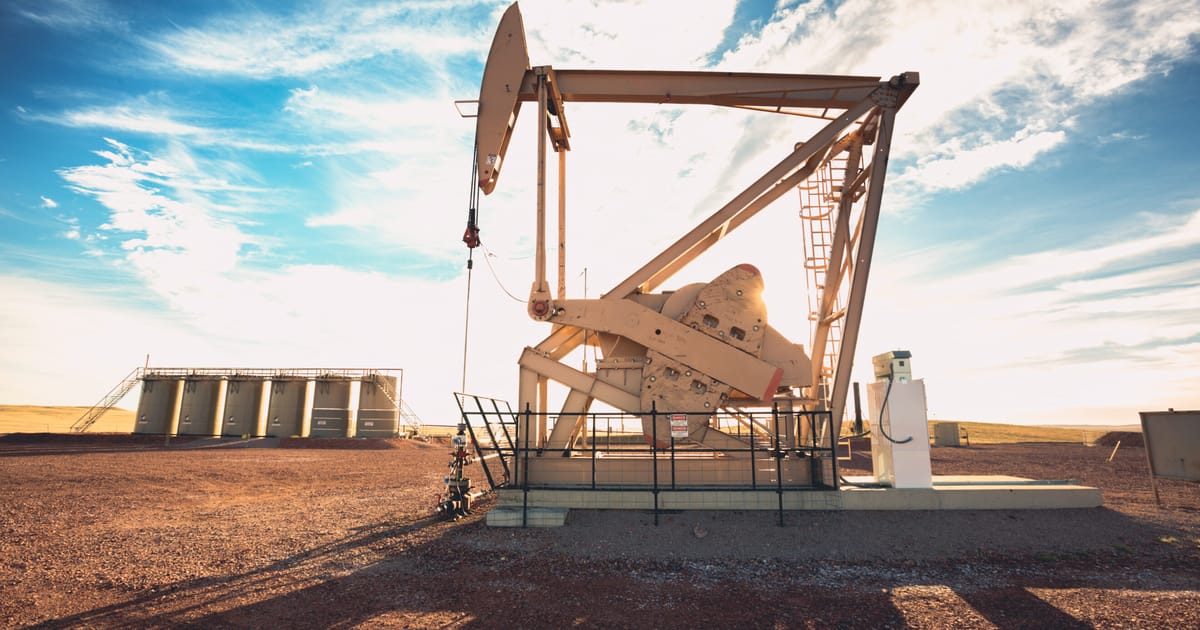

In a landscape of fluctuating environmental conditions and energy discussions, the global community finds itself poised at the intersection of tradition and innovation. This period demands a balanced approach to navigate the challenges posed by changing climates and evolving energy needs.
In the United Kingdom, discussions surrounding fracking have reignited interest and debate. The political wave is led by Nigel Farage’s Reform UK, advocating for the exploration of what is perceived as an abundant reserve of shale gas. The supporters of this initiative argue that tapping into these resources could potentially lead to substantial economic benefits. However, this enthusiasm is tempered by the recollection of past environmental and social concerns associated with fracking. Communities and environmental groups previously vocal about the challenges and risks of fracking prepare to voice their apprehensions once again, focusing on the potential repercussions on the environment.
Far from the debates in the UK, Japan and South Korea are grappling with immediate environmental consequences. Both nations are facing intense heatwaves, leading to ‘tropical nights’ in South Korea—a string of uncomfortably warm nights that have now persisted for a record-breaking duration. Meanwhile, Japan recorded its hottest day, prompting government bodies to issue warnings and advisories. The urgency to mitigate heat-related health issues is palpable, as hospitals in these regions experience increased demand for services due to heatstroke and other temperature-related ailments.
Meanwhile, in Australia, the eastern coast, particularly New South Wales, predicts a stark contrast with a forecast of wet and wintry weather. The Bureau of Meteorology has alerted the region to brace for heavy rains and strong winds, as a formidable low-pressure system takes shape. From Sydney to Brisbane and Melbourne to Adelaide, each city anticipates varied weather patterns that include cloudy skies and rain showers over the weekend. The stark unpredictability and diversity of weather conditions underscore the complexities of weather systems affecting the region.
In Portugal, efforts to manage and mitigate seasonal wildfires continue with vigor. The nation’s Air Force has been actively monitoring for potential fire outbreaks, employing aerial surveillance to identify and respond to fire incidences. This strategy has already identified nine hotspots, marking a testament to the proactive approach undertaken to safeguard vulnerable areas against escalating wildfire risks. Collaboration and innovation are instrumental as the country balances immediate responses and long-term forest management strategies.
Furthermore, Portugal is experiencing its own set of challenges with soaring temperatures. With some regions expecting temperatures to exceed 40°C, the notion of ‘tropical nights’, where temperatures do not fall below 25°C, has settled into reality. Such climatic conditions underline the need for broader discussions about climate resilience and adaptation strategies.
Across various regions, these environmental stories share common threads: the ongoing struggle between human activity and natural climate variations, the necessity for sustainable practices, and the resilience of communities facing unpredictable weather patterns. Whether it is in the form of re-evaluating energy policies or employing proactive measures against natural threats, the global narrative is clear—solutions must be rooted in mindfulness, acknowledging the interconnected nature of our world’s environmental system.
As we move forward, it is crucial to continue fostering dialogue that integrates diverse perspectives, harnessing scientific insights, and ensuring community engagement. By doing so, we can collectively navigate the nuances of our planet’s changing dynamics, paving a path that balances economic needs with environmental stewardship.
Source: {link}
